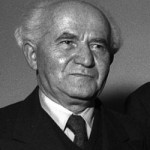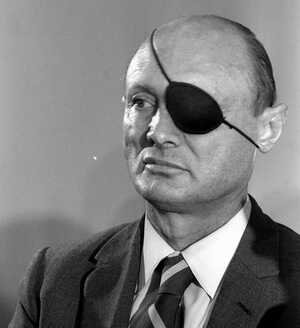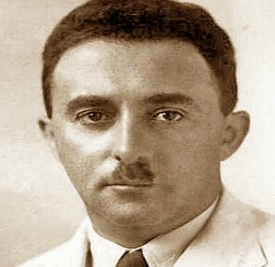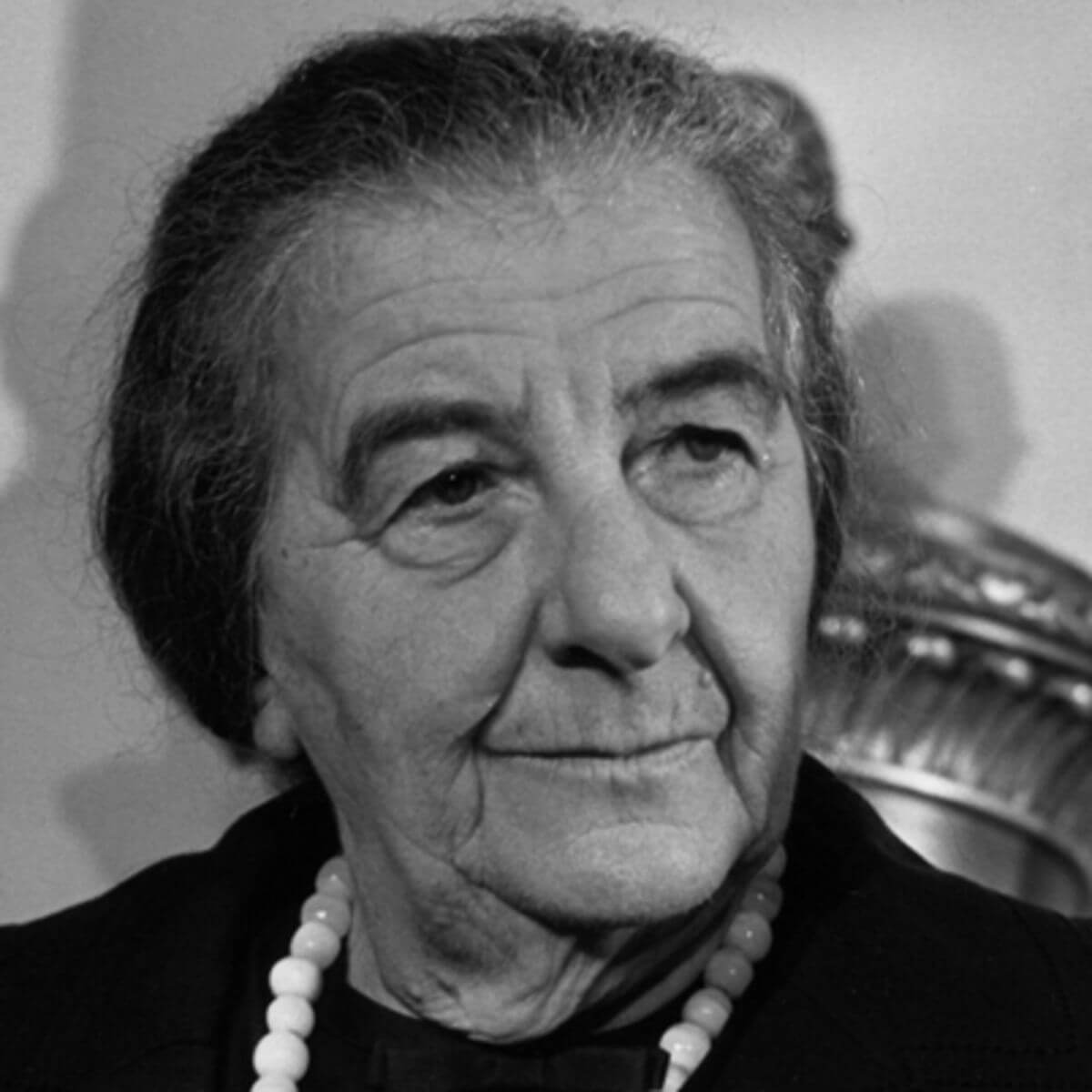ג.1 | A meeting of a special committee of minsters appointed to deal with issues of civil disobedience in the territories (henceforth: Civil Disobedience Committee), August 7th 1967
The committee discussed three issues: 1. The General Strike which had broken out in East Jerusalem and how to deal with it. 2. The pace of allowing the return from Jordan of locals who had left during and after the war. 3. If and how to intervene in the content of teaching and school-books in the new territories.
To read the transcript, click here.




